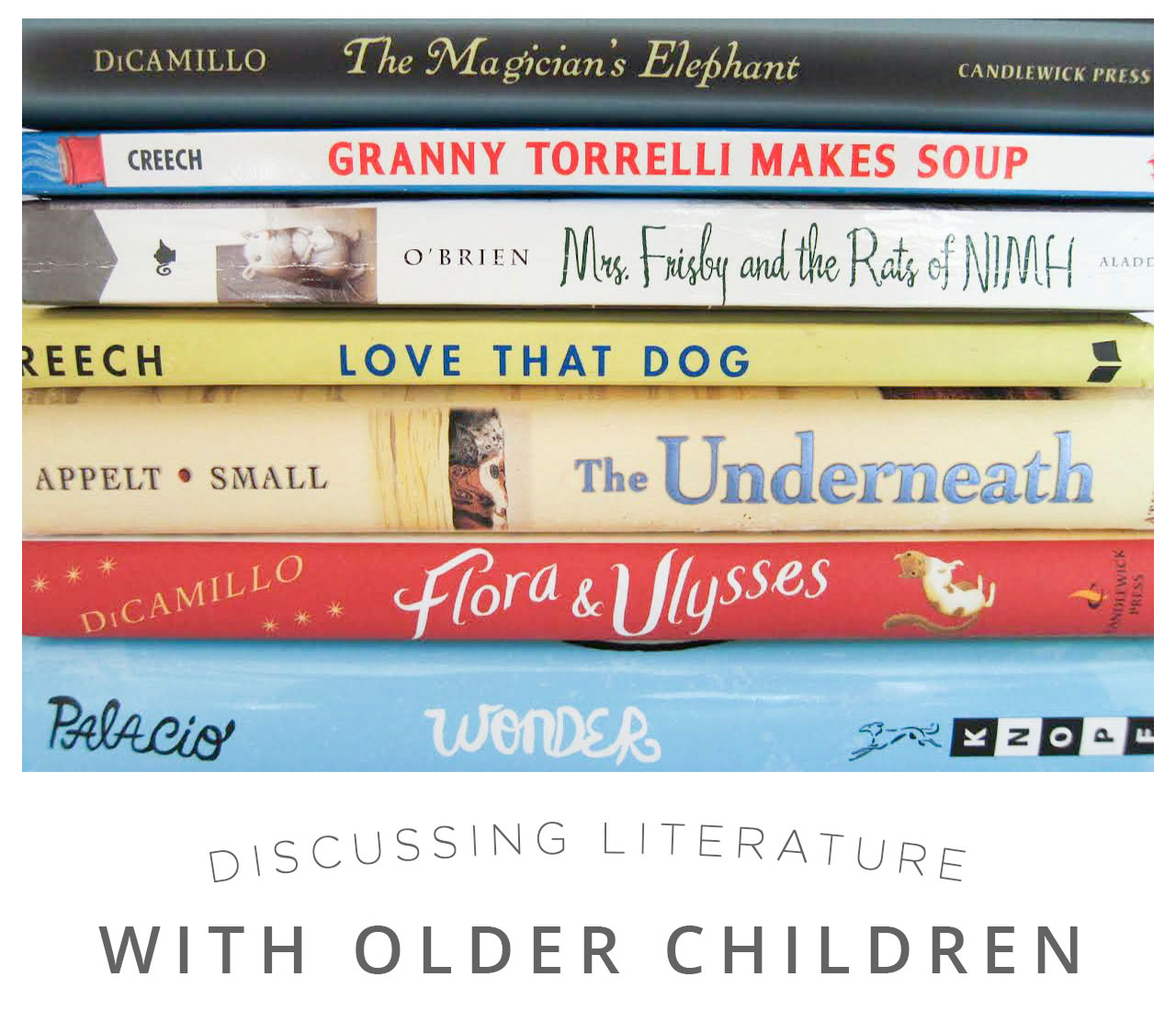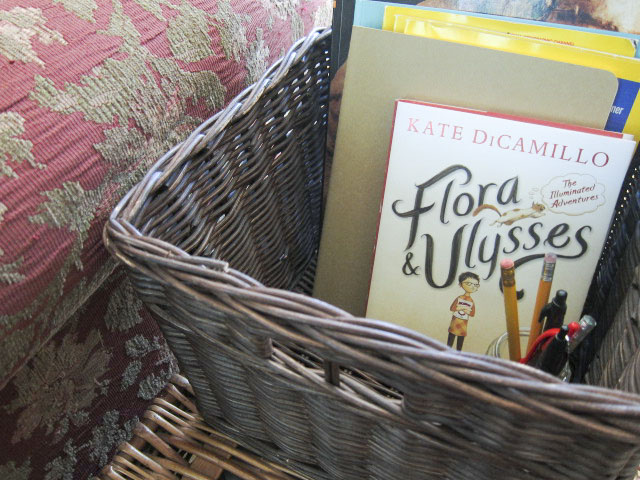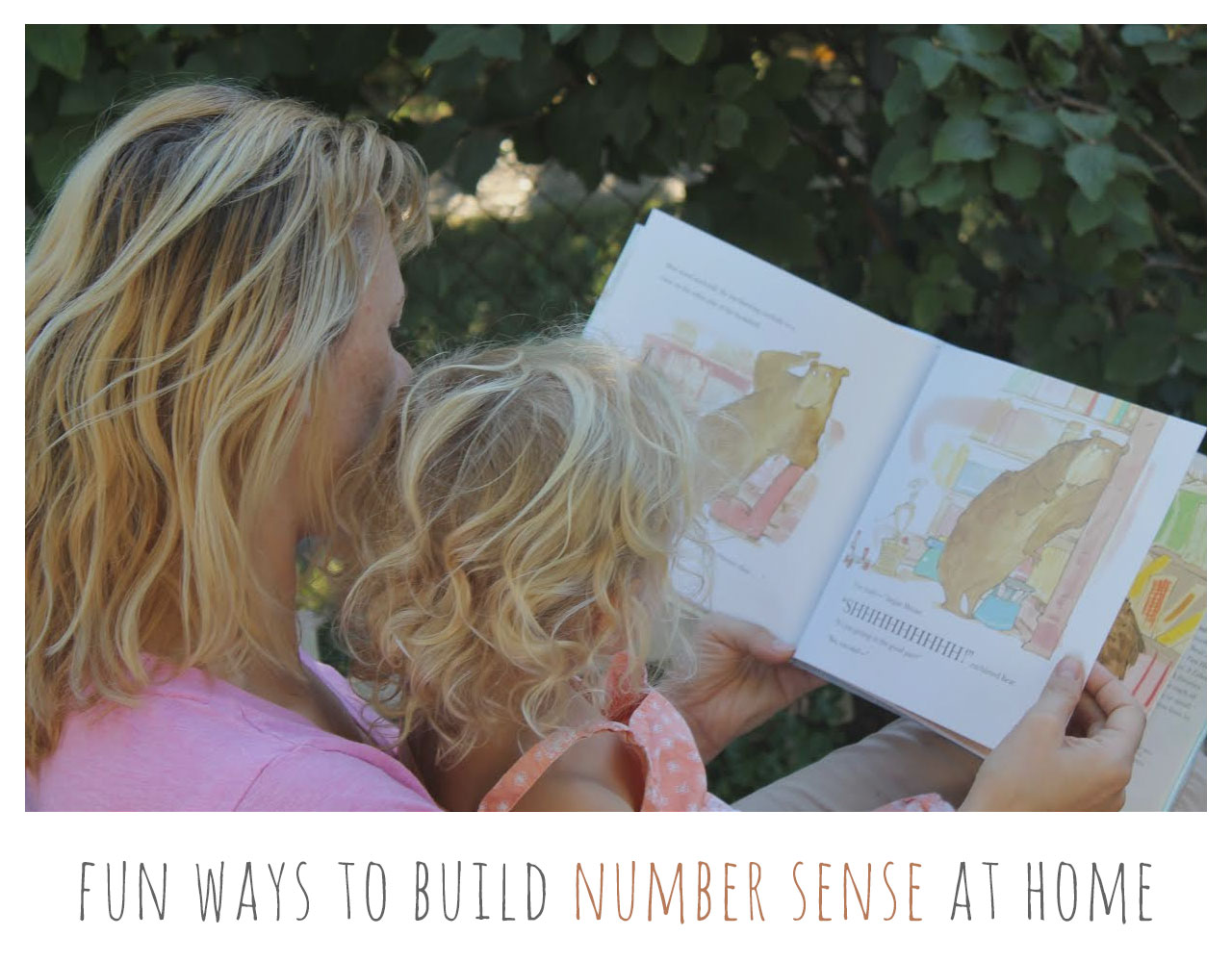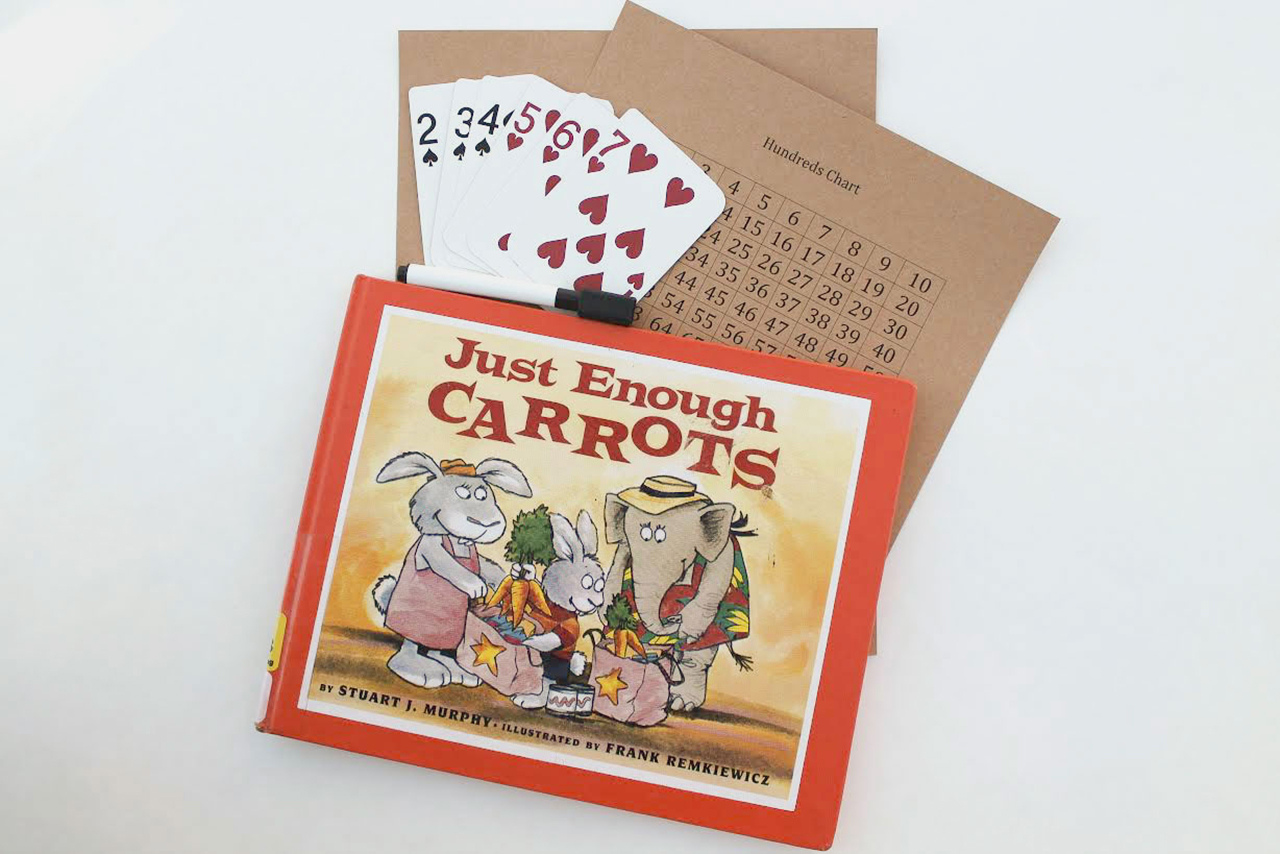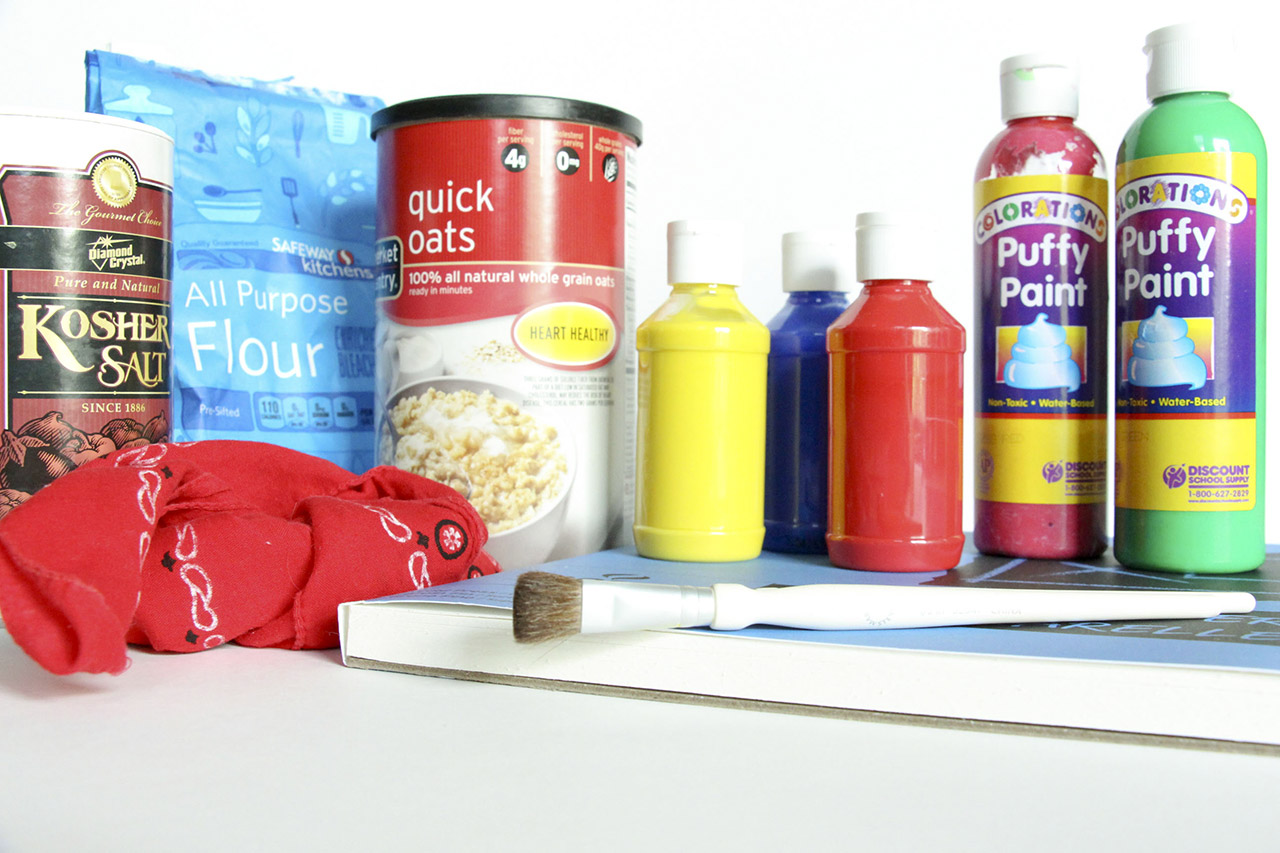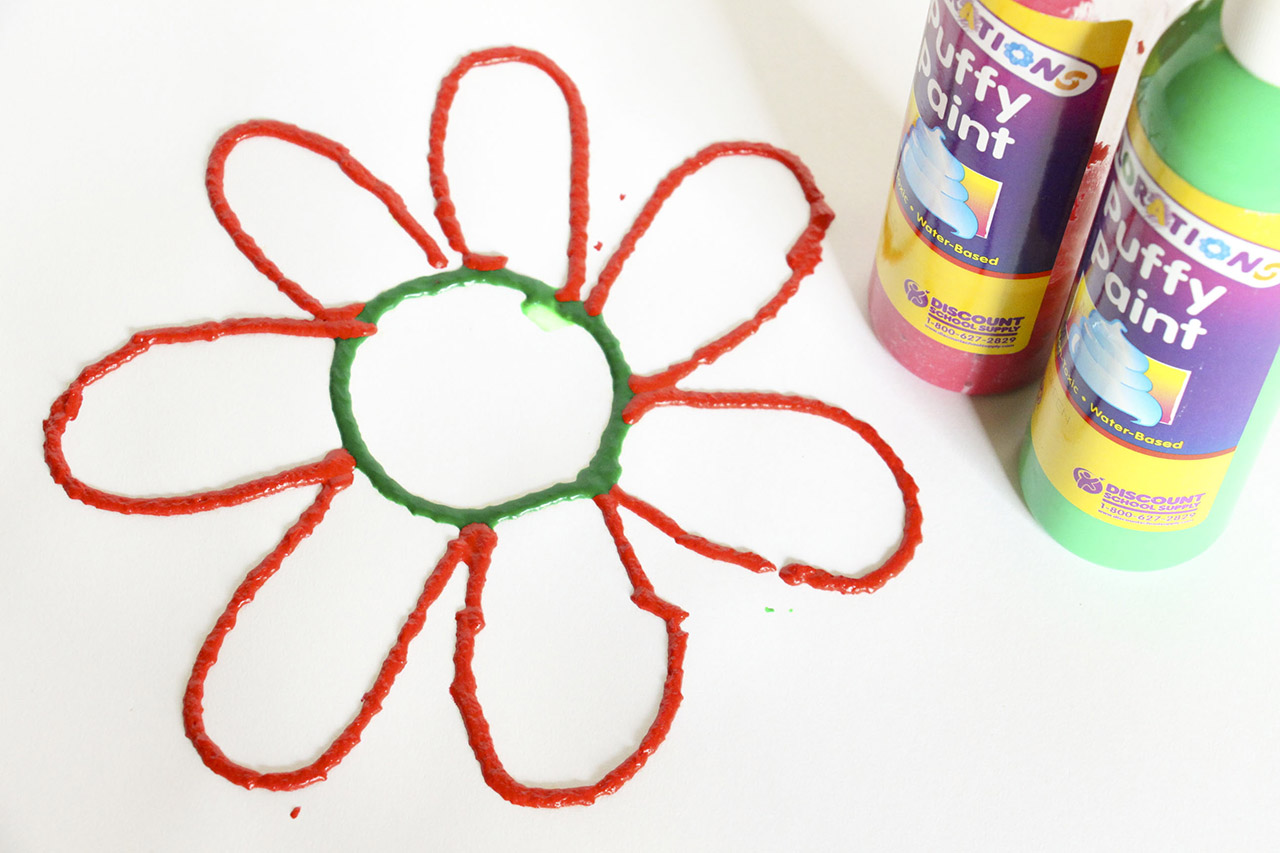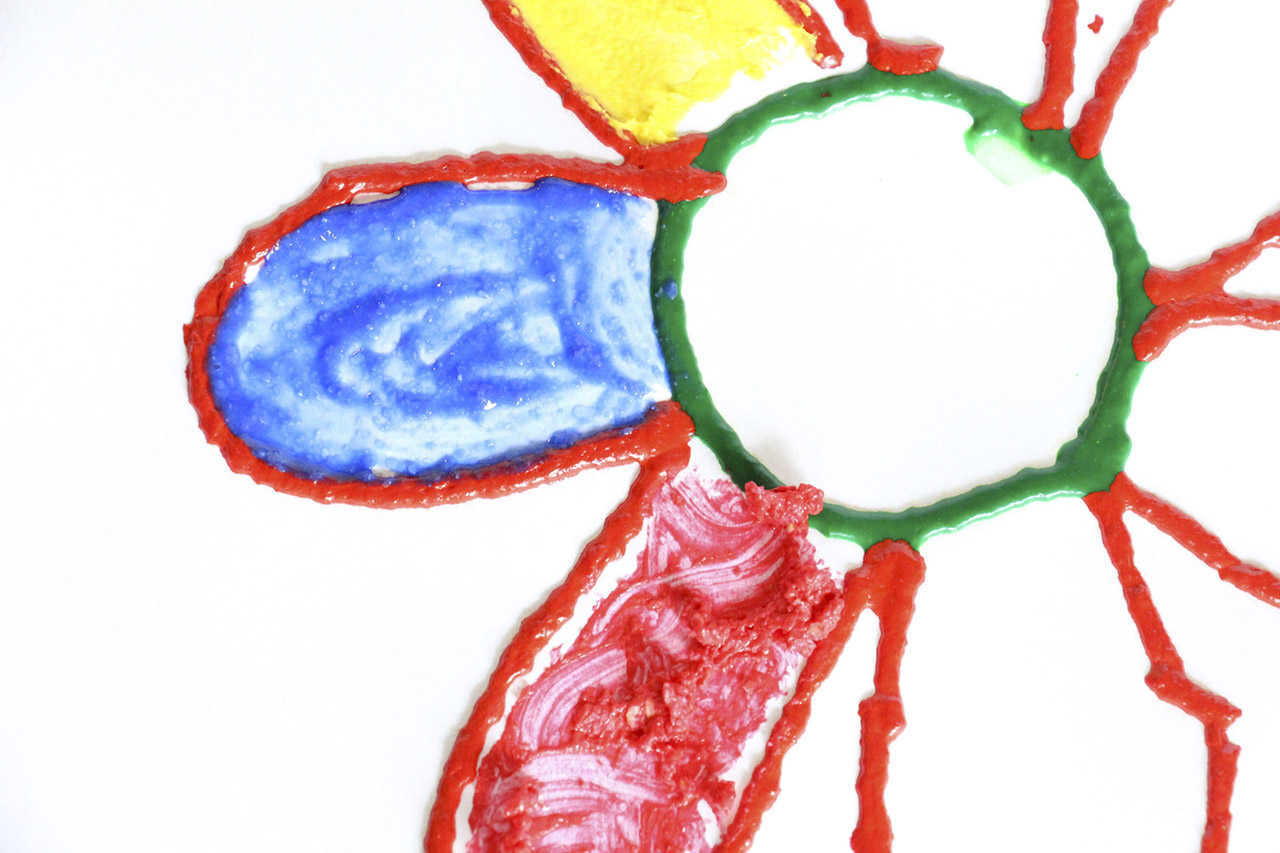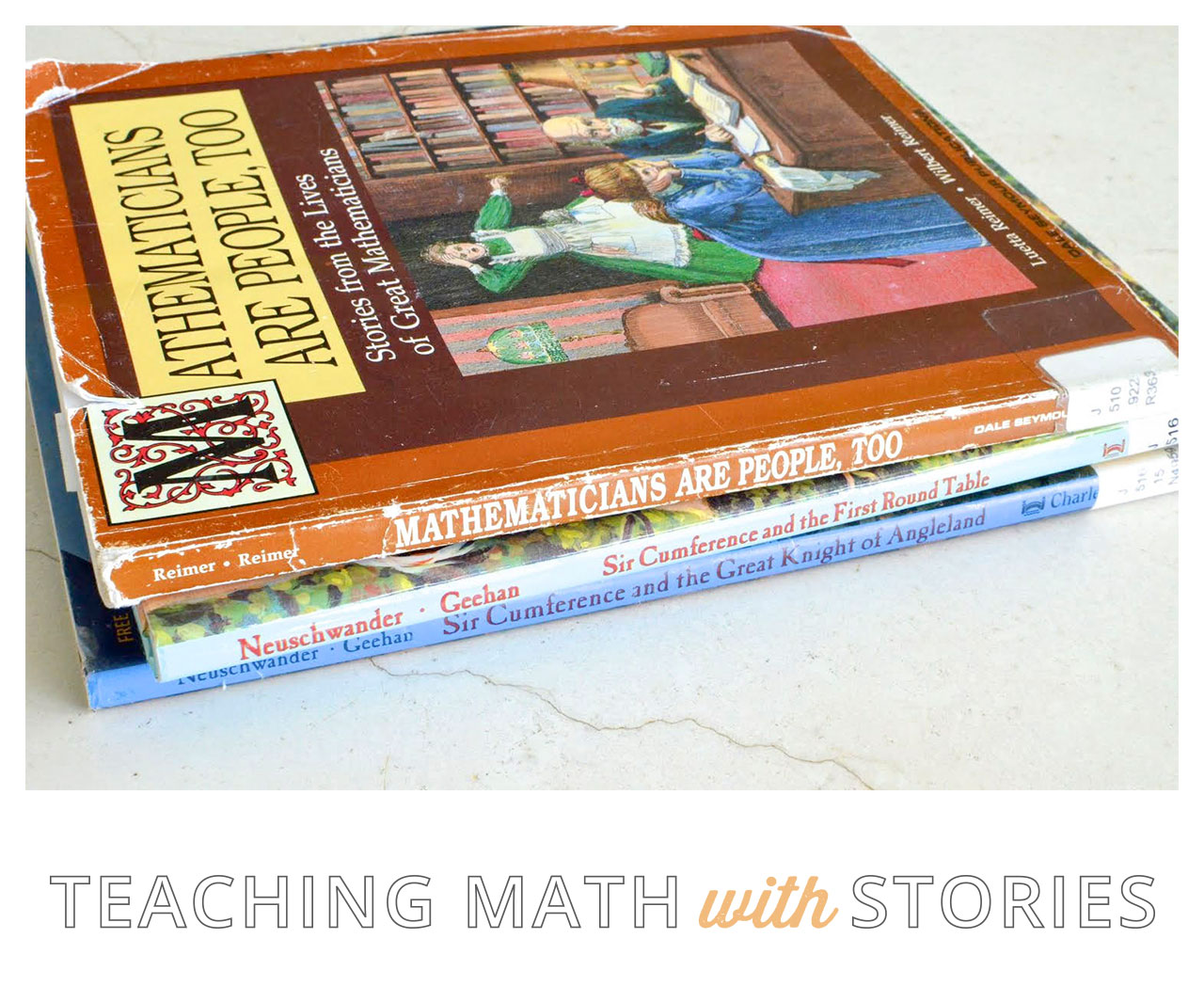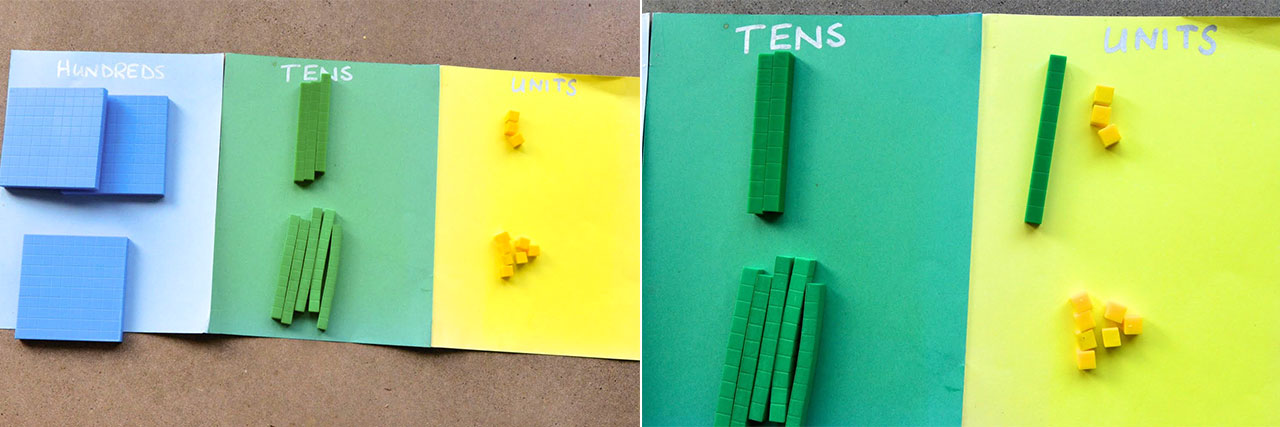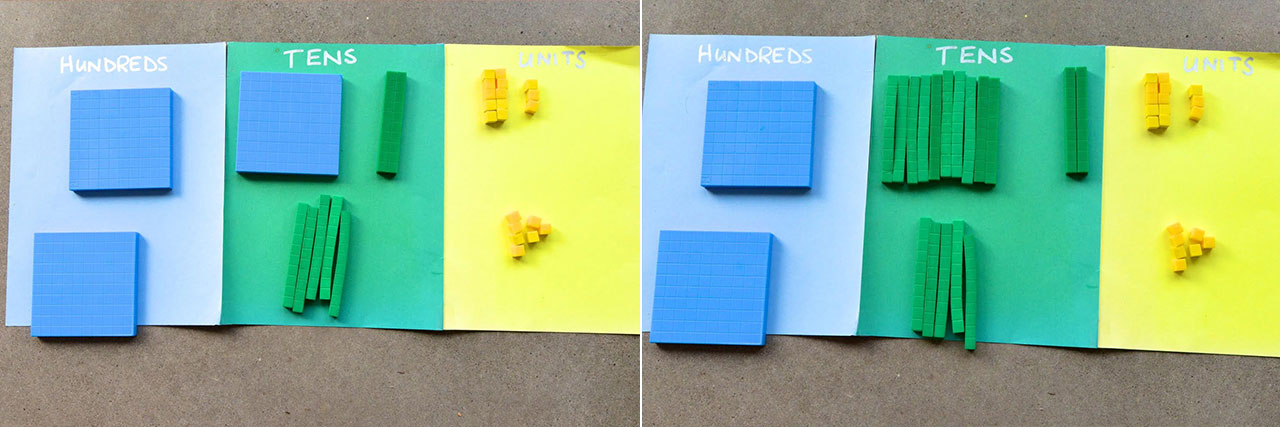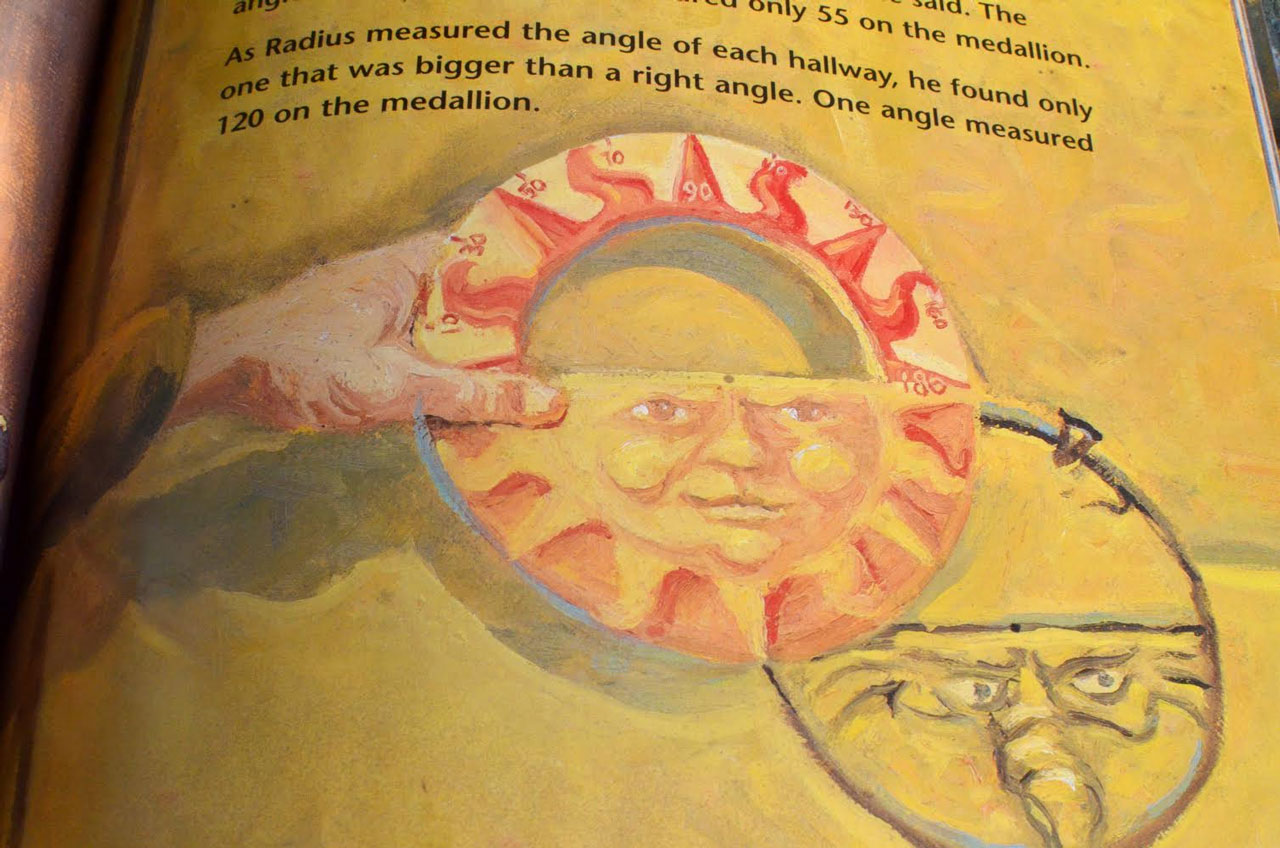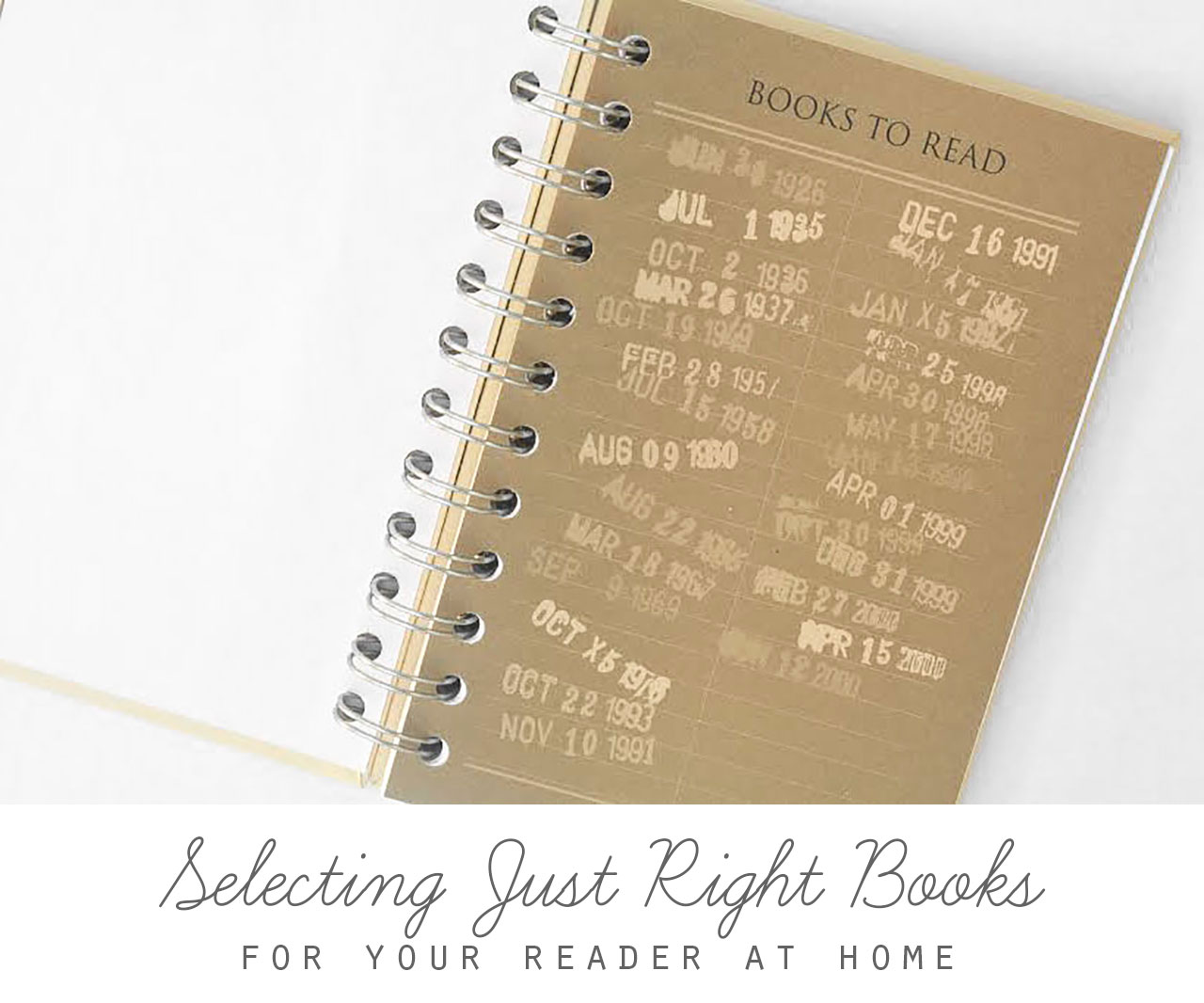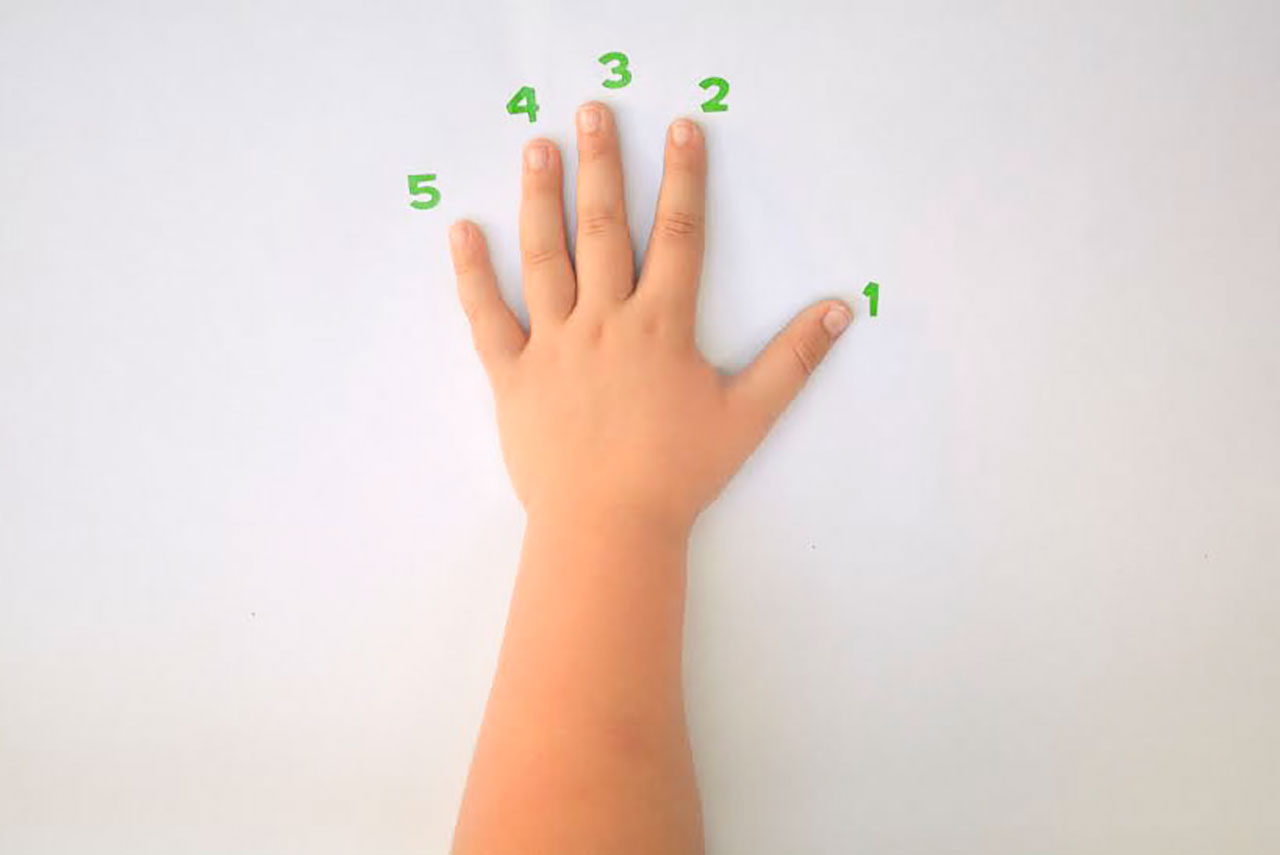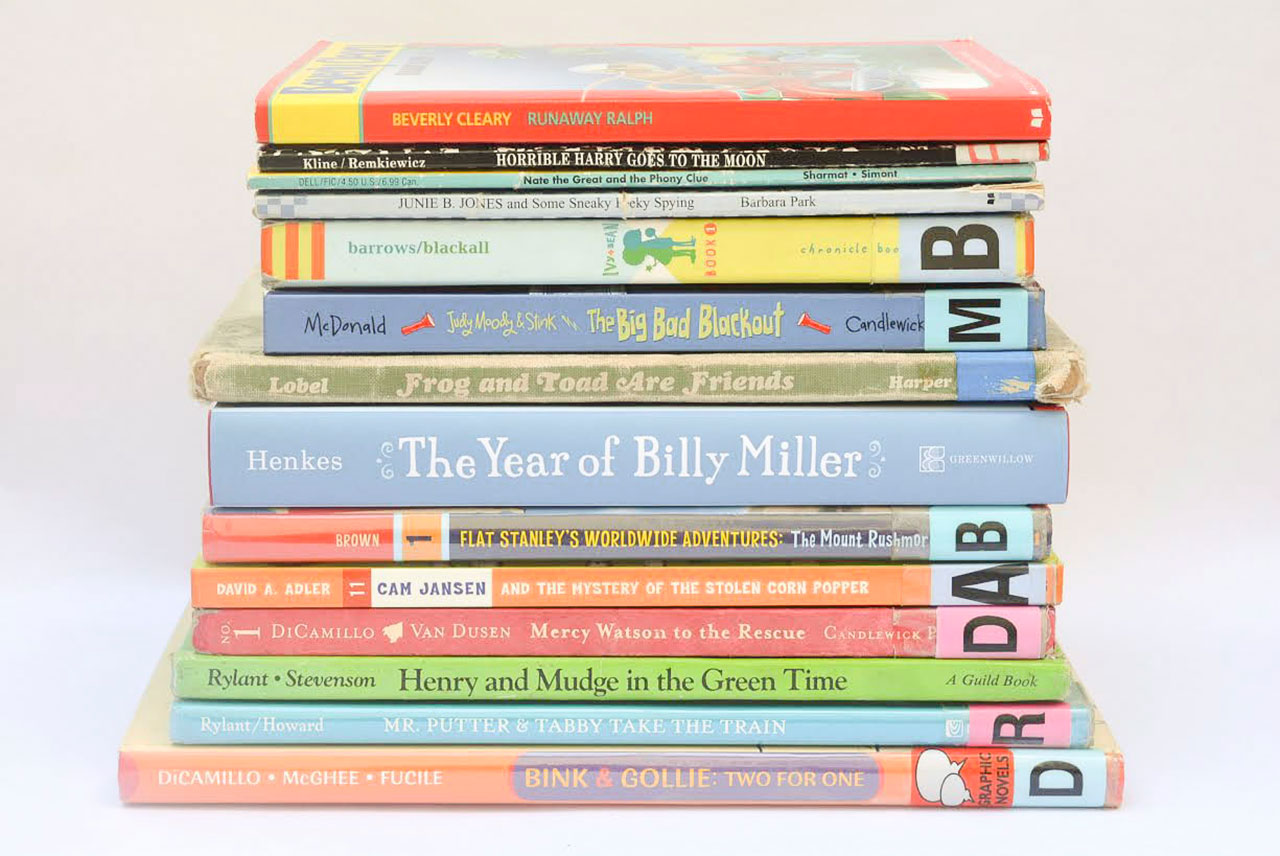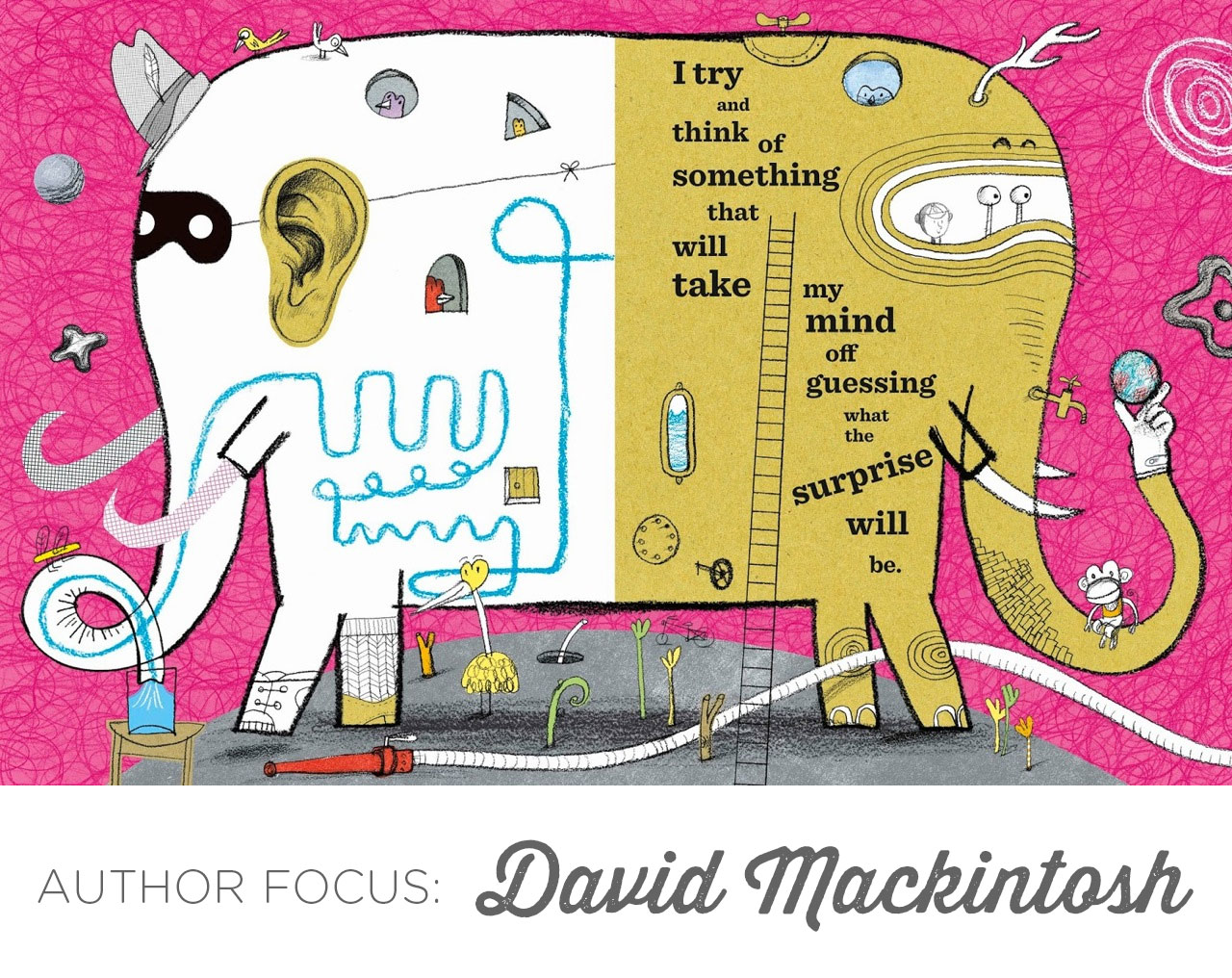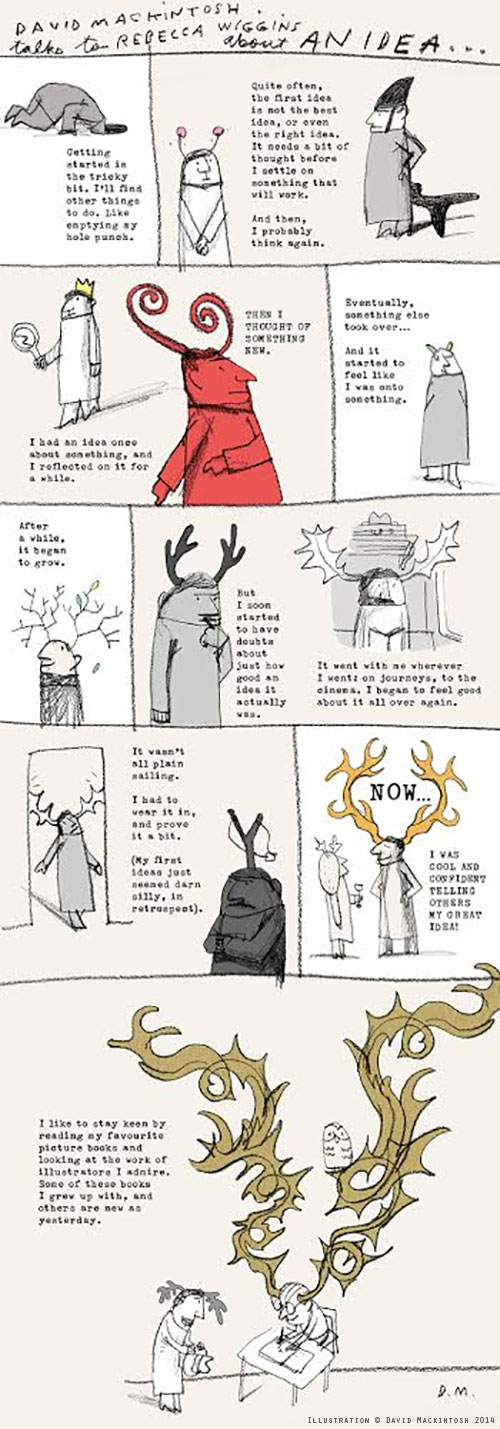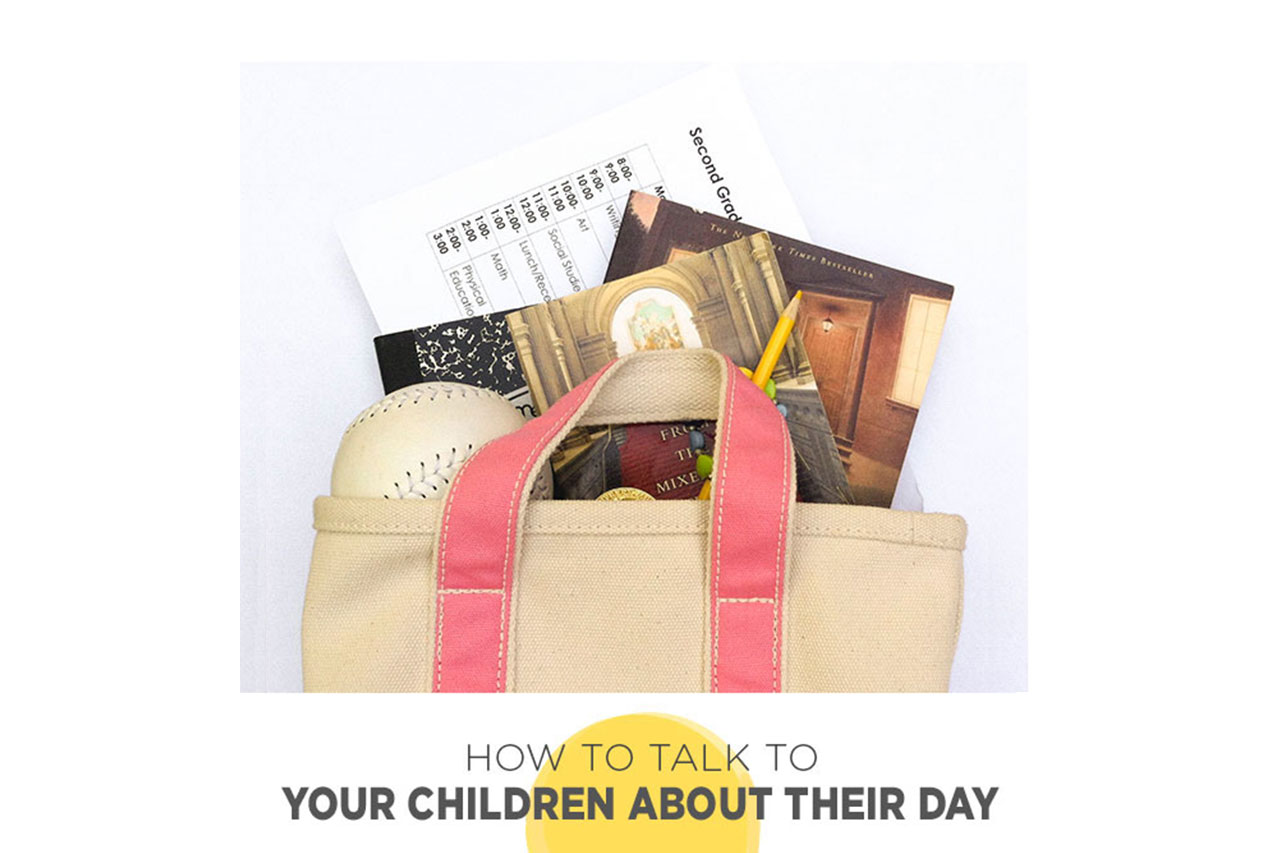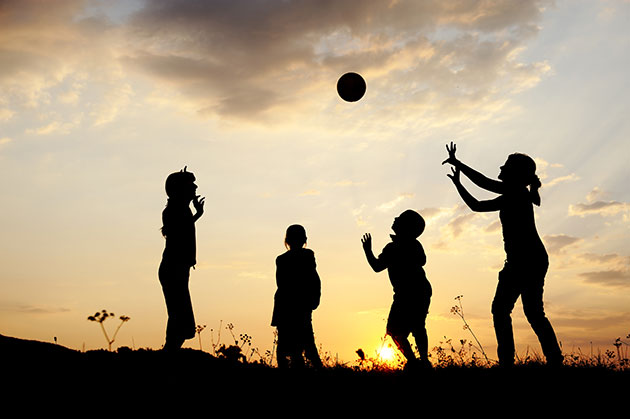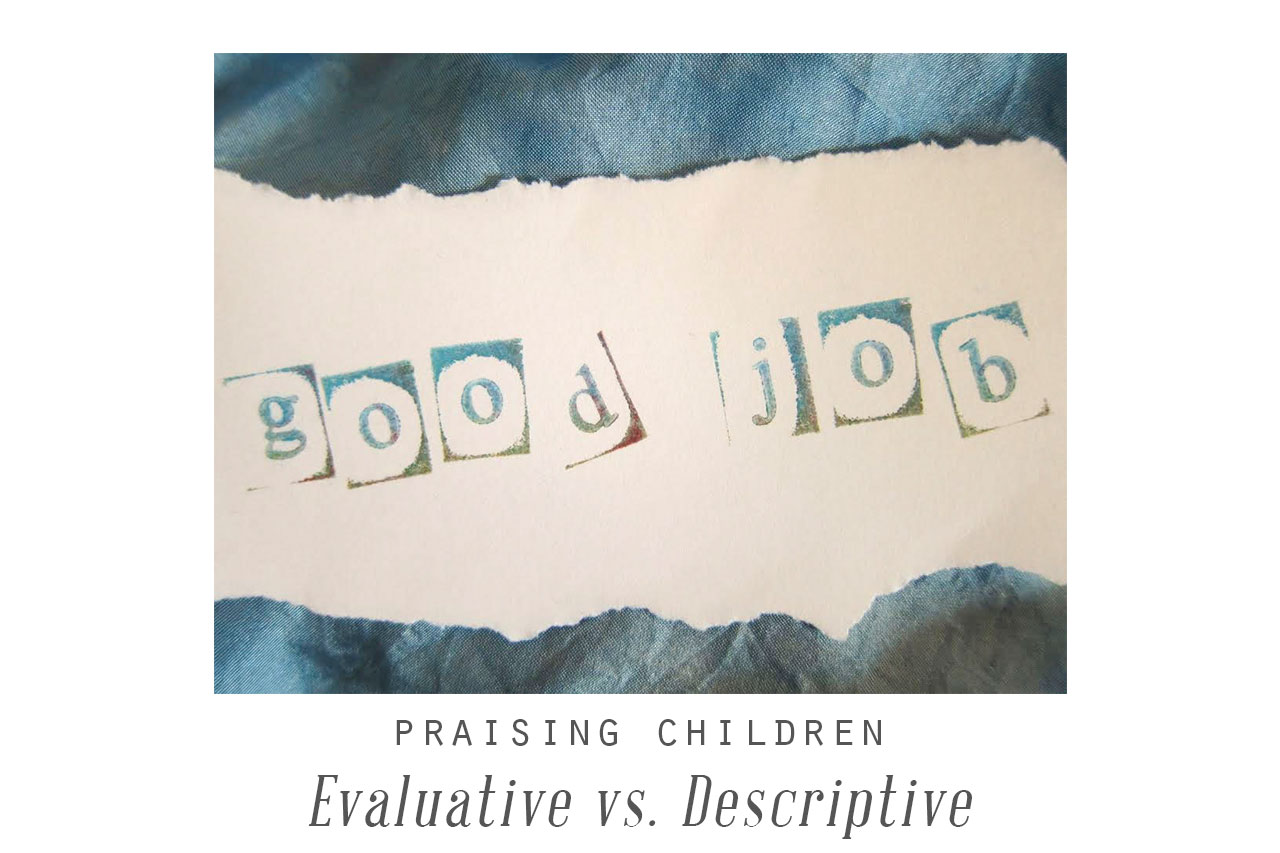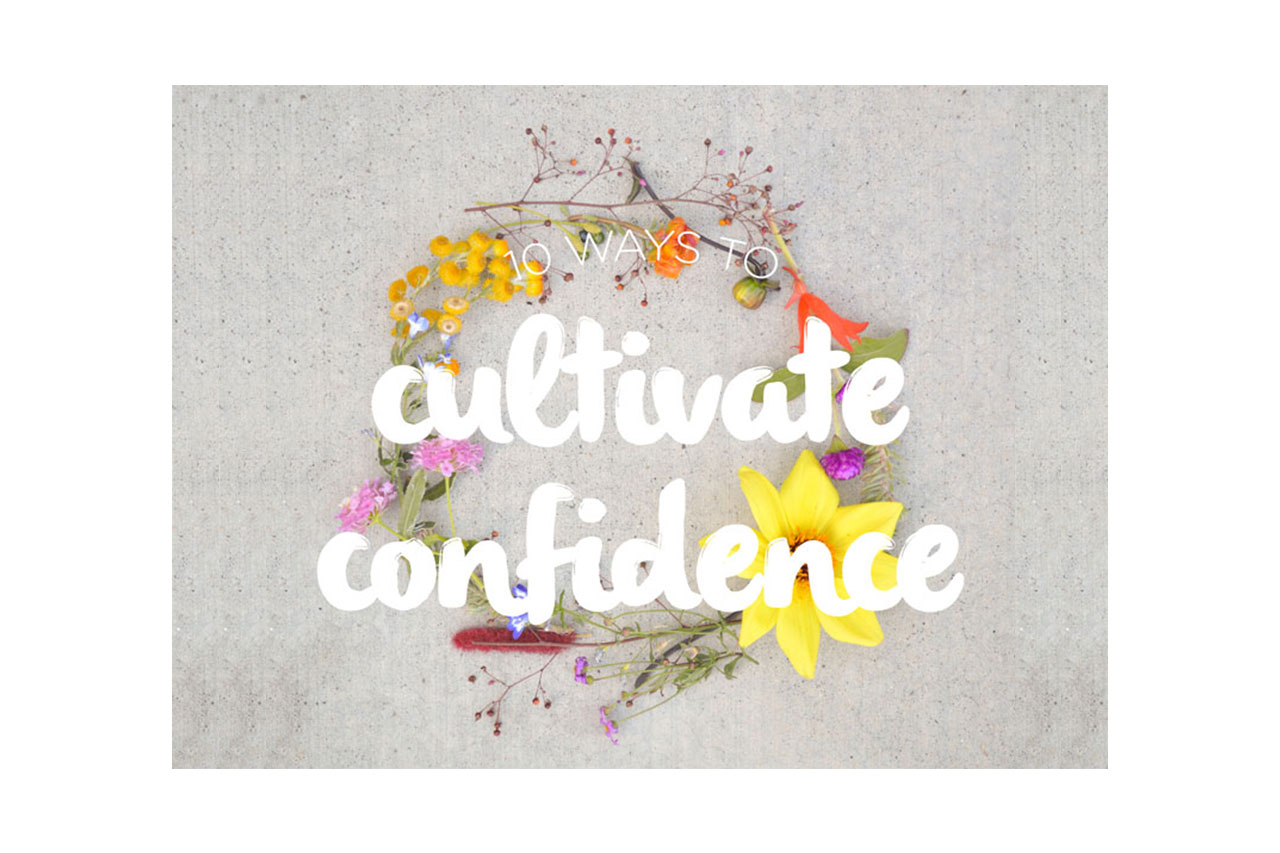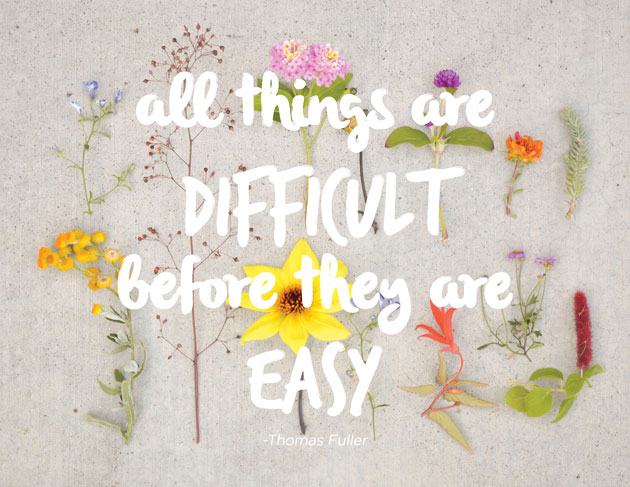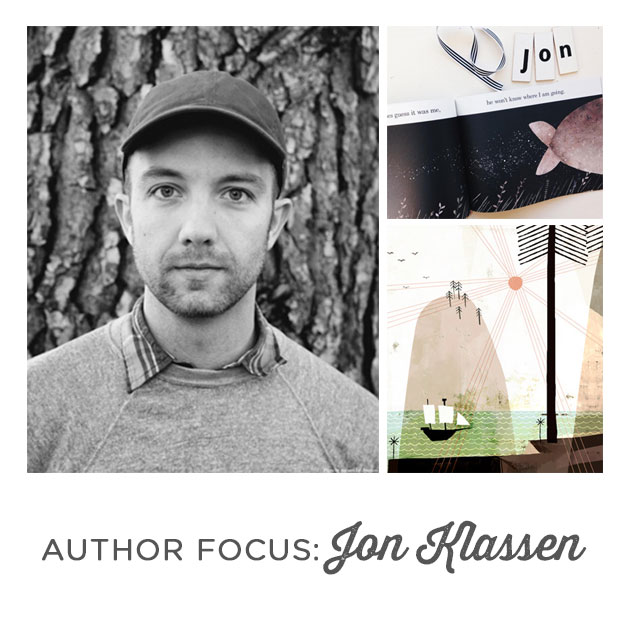Discussing Literature with Older Children
What’s your book about?
I don’t know.
Do you like it?
It’s OK.
If you read Jacki’s recent post, “How to Talk to Your Children about Their Day,” you know we are all very familiar with this conversation. It’s easy to talk to younger children about the books they are reading because they usually want to tell us everything that happened. Older children can be more…economical in their responses. Of course, they may not say much because we aren’t asking the right questions. Outside of a classroom, when was the last time you asked someone to summarize a book for you? Ummm…never. Where does the story take place? What are the names of the main characters? Is it written in first, second or third-person narration? Older children recognize a test question, and let’s face it: no one wants to take a test over dinner. When talking to them about the books they are reading, consider asking questions that you really want answered. Your sincere curiosity will spark an open conversation.
The Book Club
If you have ever belonged to a book club, think about the discussions you’ve had about books with your peers. Sometimes a reader forgets the names of characters. When this happens, we don’t question the reader’s understanding. We usually laugh and admit times when we forget a detail. The conversation tends to focus on how we were each affected by the characters’ actions, tragedies, or transformations. We connect with the book in a deeply personal way. We may debate certain parts of the book. We don’t agree on the author’s meaning. We have different views about whether or not a character made the right decision. Consider poetry. There can be as many interpretations as there are readers in the room. We bring to our reading our unique experiences, insights, knowledge. So do our children.
So how do we use our book club experience to inform our conversations with our children? Ask them questions that really interest you. Here is my list:
What did you think about…?
This open-ended question allows the reader to say what is on his mind after reading the book. It allows for a broader, more in-depth response. I always follow up with “Why?”
Why did you choose that book?
I am curious because it helps me to make recommendations and the answer might help me in my own search for the next book to read. (Yes, I read a lot of children’s books.)
Do you agree with the character’s choices?
This question can lead to a debate where both sides must defend their answers. Another version is “What would you do?”
What did you think of the ending?
I ask this question because writing a satisfying conclusion can be difficult, and I have been disappointed on more than one occasion. I am curious about what makes a good ending in the eye of the reader. Sometimes we imagine the ending we wanted for the book we read. I want to know what my child envisioned.
What do you think is going to happen next?
Why do you think that? Admittedly, this sounds like a classroom question, but I am curious as a writer. When I read, I am always trying to figure out where the writer is going with the story. I have a vision: I am right, disappointed, or delightfully surprised.
Have you read other books by the same author?
How do they compare? Can you tell the books are by the same author? How? I love words so I notice the language a particular author uses. I notice that Kate DiCamillo talks directly to the reader. Have you ever noticed how she constructs her sentences? They are works of art, with layers upon layers of “word paint.”
Tell me about the genre.
What do you like about that genre? What do you notice is similar across books in the same genre? I ask these questions if it is a genre I don’t tend to read: science fiction and graphic novels. I ask because I am truly curious. I have a really hard time reading graphic novels because I don’t pay close enough attention to the illustrations.
Whatever your interests, what matters is that you really want to know the answer to the question you are asking.
What If I am Not a Reader?
You may not see yourself as a reader: I do not read novels or poetry; I see going to the library as a chore; I prefer to be doing something with my hands or being physically active, rather than settling into an oversized chair and reading Tolstoy. If this sounds like you, don’t worry. You are reading this blog so you are a reader. The first step is to identify what you do read:
- emails
- blogs
- instruction manuals
- magazines
- newspapers
- professional journals
- letters
- memos
- textbooks
- Facebook or Twitter
- cookbooks/recipes
- nutrition labels
…you get the idea.
Identify what you truly love to read and talk about it with your children. Share your enthusiasm, curiosity, surprise. What really stuck with you? Why did you read it? What do you really want to share with someone? Share it with your children. They will appreciate your openness and genuine passion.
Write about Reading
Finally, consider keeping a family journal and write to each other about the books you are reading. This is a great way to continue a discussion or to involve a parent whose schedule may make it difficult to always have a face-to-face conversation. Be creative. This could be a composition book that sits on the coffee table or a blog where family members add their thoughts about the books they are reading or ask each other questions.
Is there a time and a place to ask test questions? Of course. But leave that for the classroom and let your dinner conversation be just that—a conversation that is lively, engaging and meaningful.
